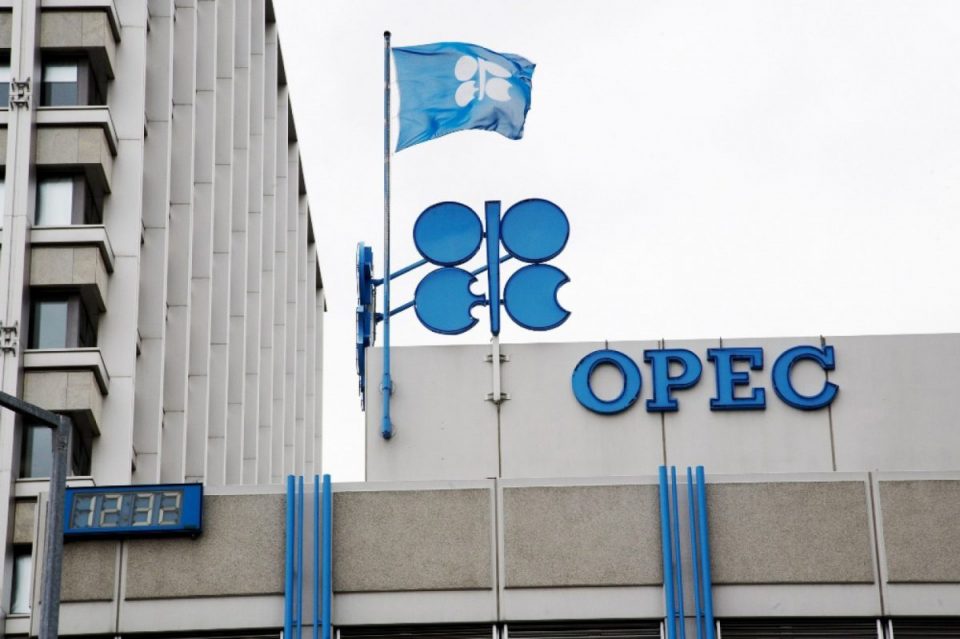OPEC: Angola, Libya lead Nigeria in oil production
Angola and Libya have for the second consecutive month maintained their lead over Nigeria as Africa’s highest crude oil producers, a report by the Organisation of the Petroleum Exporting Countries (OPEC) has shown.
OPEC stated this in its Oil Market Report for the month, which was obtained yesterday in Lagos.
According to the report, Nigeria’s crude oil production in September averaged 1.087 million barrels per day.
The report said the figure showed an increase of about 30,000mb/d when compared to the 1.057mb/d produced averagely in August.
However, like the preceding month, the report said Angola remained Africa’s highest crude oil producer for the month under review with an average production of 1.184mb/d.
It said Libya’s crude oil production also averaged 1.152mb/d in September.
“According to secondary sources, total OPEC-13 crude oil production averaged 29.77 mb/d in September, higher by 146,000 barrels per day month-on-month.
“Crude oil output increased mainly in Saudi Arabia, Nigeria, Libya and the UAE, while production in Iraq, Venezuela and IR Iran declined,” the report said.
The report said the latest data suggested that inflation accelerated to 20.5 per cent year-on-year (y-o-y) in August from 19.6 per cent y-oy in July.
It said the recent rate had been fuelled by domestic and international constraints on supply chains, a weakening naira as well as higher energy and transportation prices.
“Moreover, floods in the northern part of the country, which have weighed significantly on the grain harvest, could lead to even higher prices.
“However, considering the broad money-supply growth of 21 per cent y-o-y in August, there is a significant monetary component behind the inflationary spiral.
“In response, the Central Bank of Nigeria (CBN) recently hiked the policy rate for the third time this year by 150 basis points, to 15.5 per cent, adding up to a cumulative 400 bps.
“The CBN also increased the minimum Cash Reserve Ratio (CRR) by 500 bps, to 32.5 per cent, from 27.5 per cent previously, but kept the liquidity ratio unchanged at 30 per cent.
“For the time being, the Stanbic IBTC Bank Nigeria Purchasing Manger’s Index increased to 53.7 in September 2022 from 52.3 in the previous month,” the report said.
It said this was a reflection of a stable improvement in overall business conditions as sentiment remained positive, supported by the outlook for the fossil fuel market.



